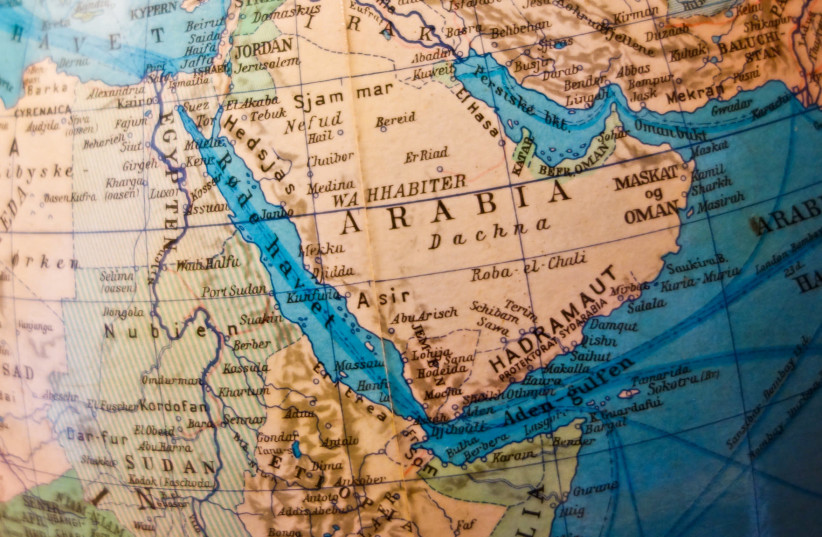The Arabian Gulf region is facing major challenges ranging from economic to development, and from security to political. These are all issues that the Gulf Cooperation Council will discuss at its 41st annual summit, which is scheduled to start on Tuesday in Saudi Arabia.
At the same time, the eyes of the region will be on the summit as the leaders of the Gulf states attempt to broker a reconciliation agreement between Qatar and a Saudi-led alliance that have been at odds since 2017.
The Gulf Cooperation Council, or GCC, was set up in 1981 as the political and economic confederation of six states, all headed by monarchies, that make up the Arabian Peninsula, minus Iraq and Yemen. The six countries – Bahrain, Kuwait, Oman, Qatar, Saudi Arabia and the United Arab Emirates – meet each year to discuss economic, security, cultural and social cooperation, and other regional issues. The presidency of the GCC rotates annually.
The council even has its own military arm, the Peninsula Shield Force, based in Saudi Arabia, which is intended to deter or respond to any military aggression against any of its member countries, though it has rarely been deployed.
The GCC countries own about half of the world’s oil and gas reserves, making the alliance a powerful one on the world economic stage. In recent years, however, some of the countries that make up the alliance also have turned to tourism and construction as natural resources continue to deplete and some areas of the world work to lessen reliance on fossil fuels.

